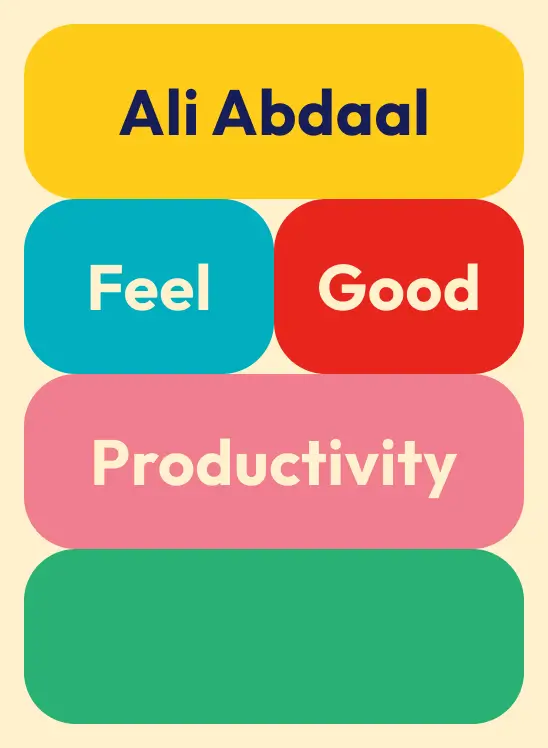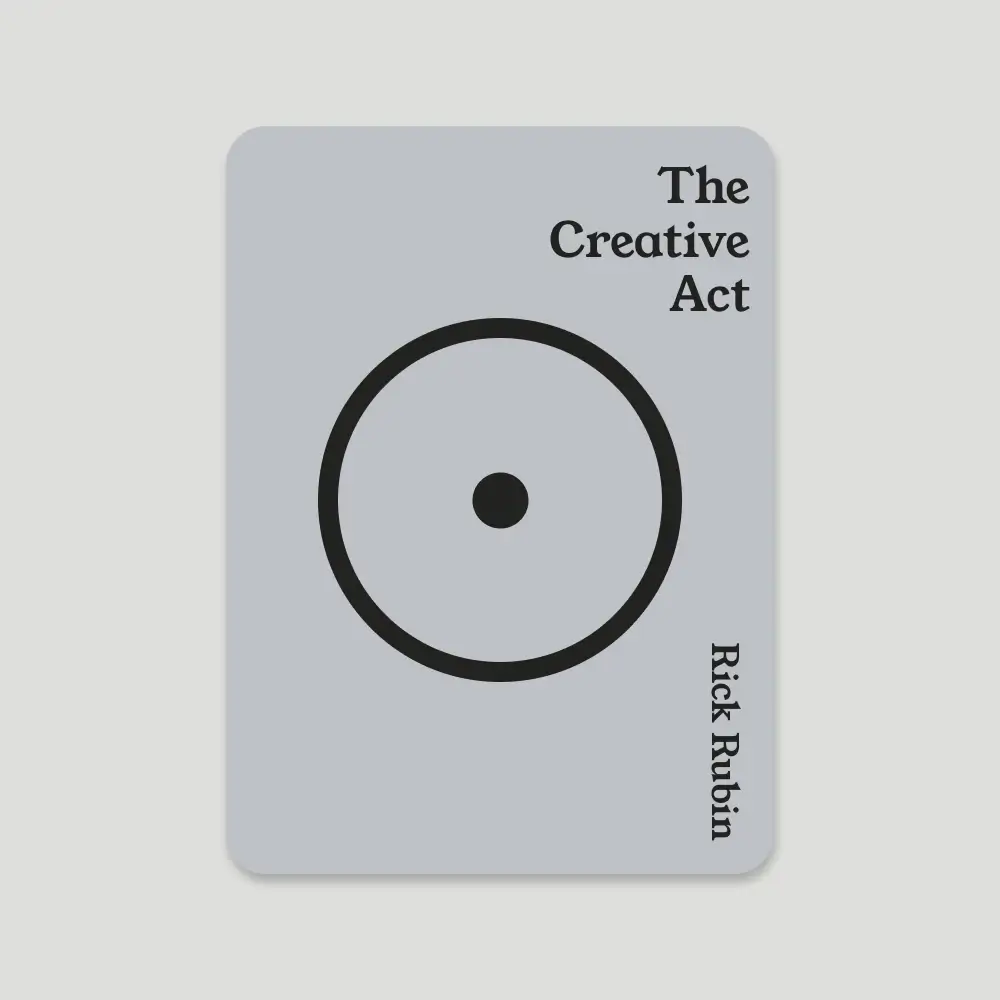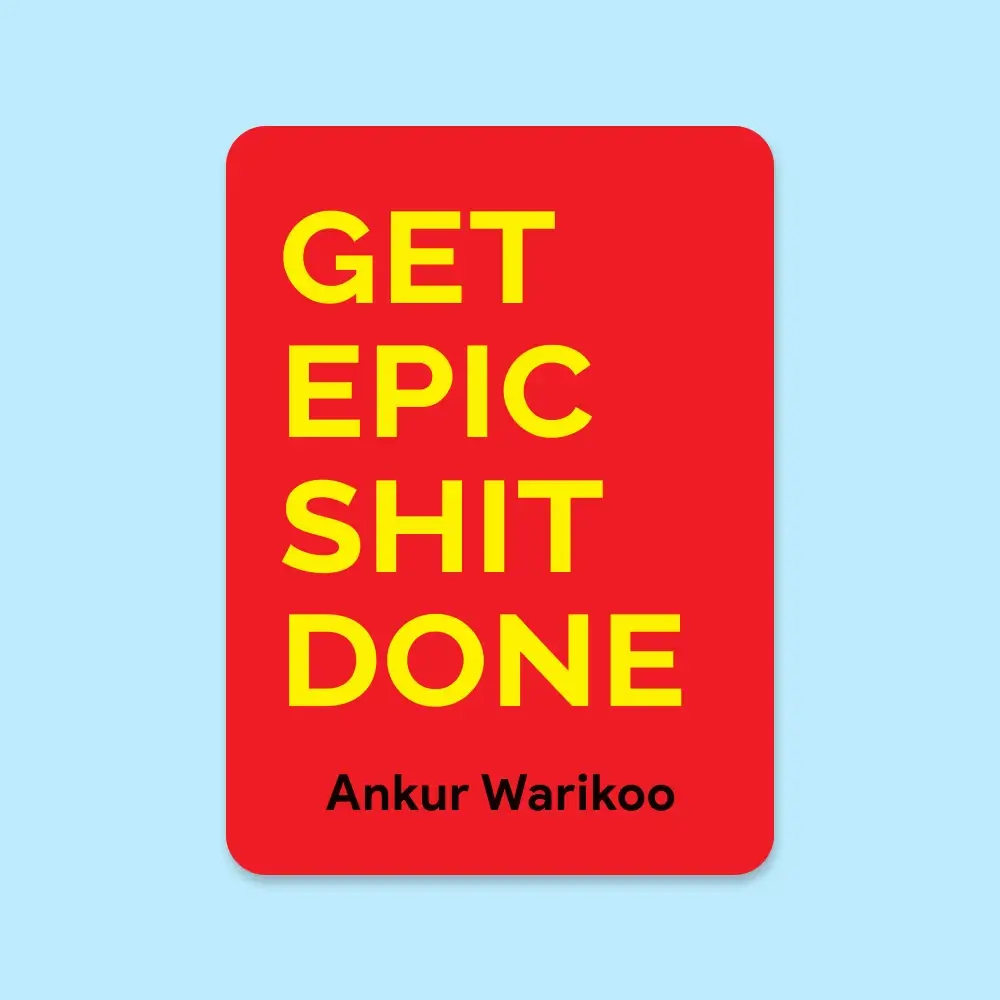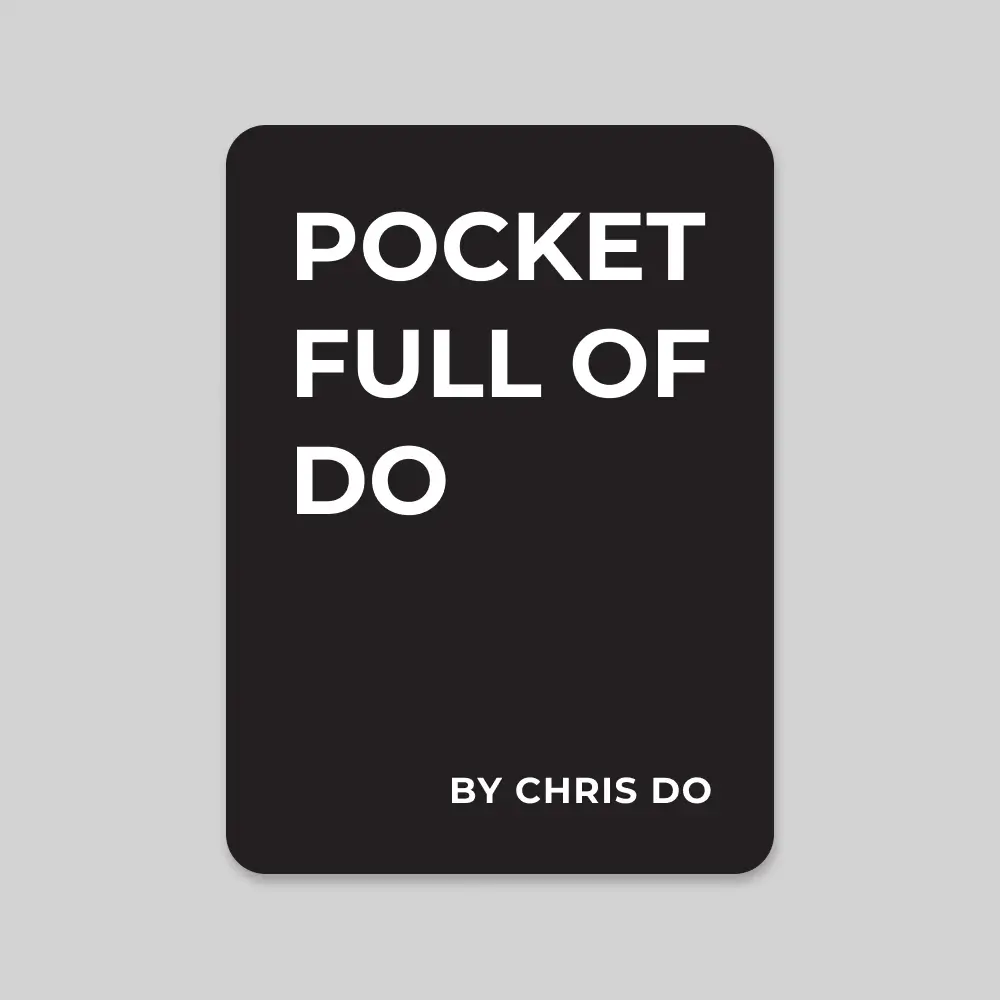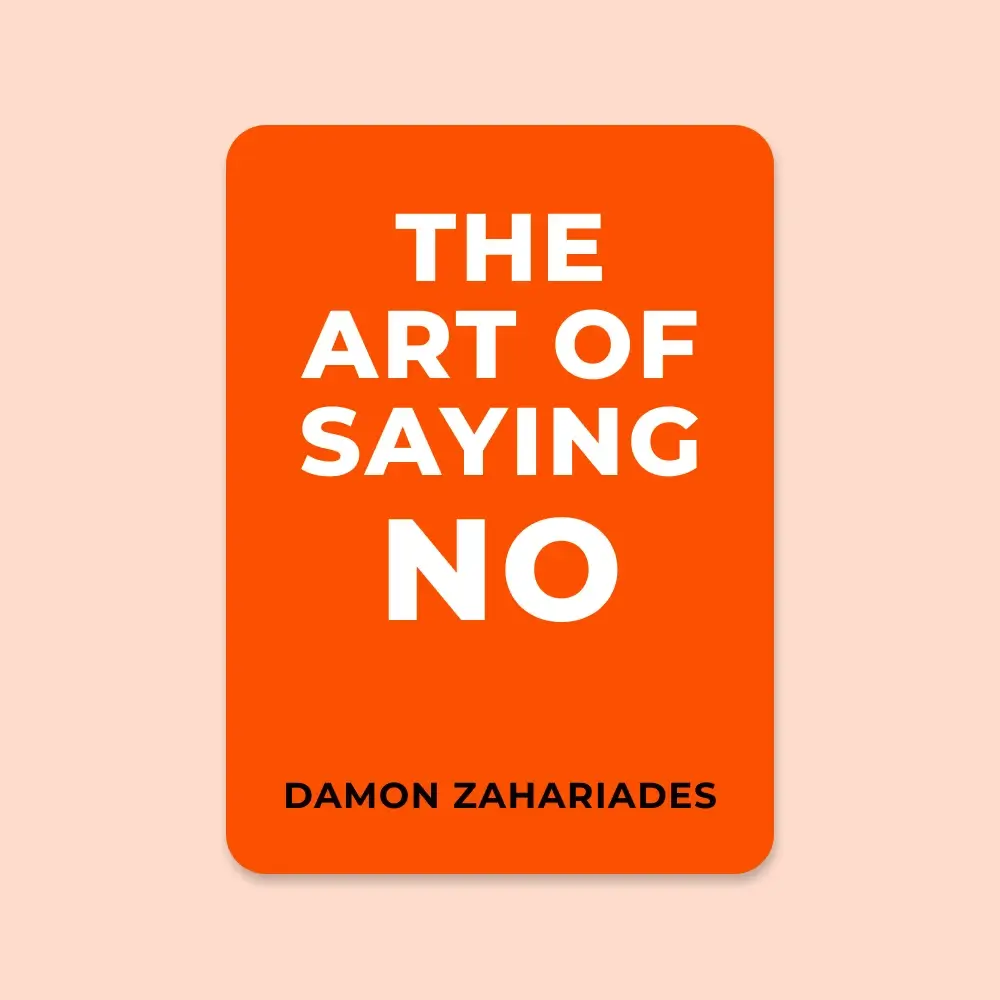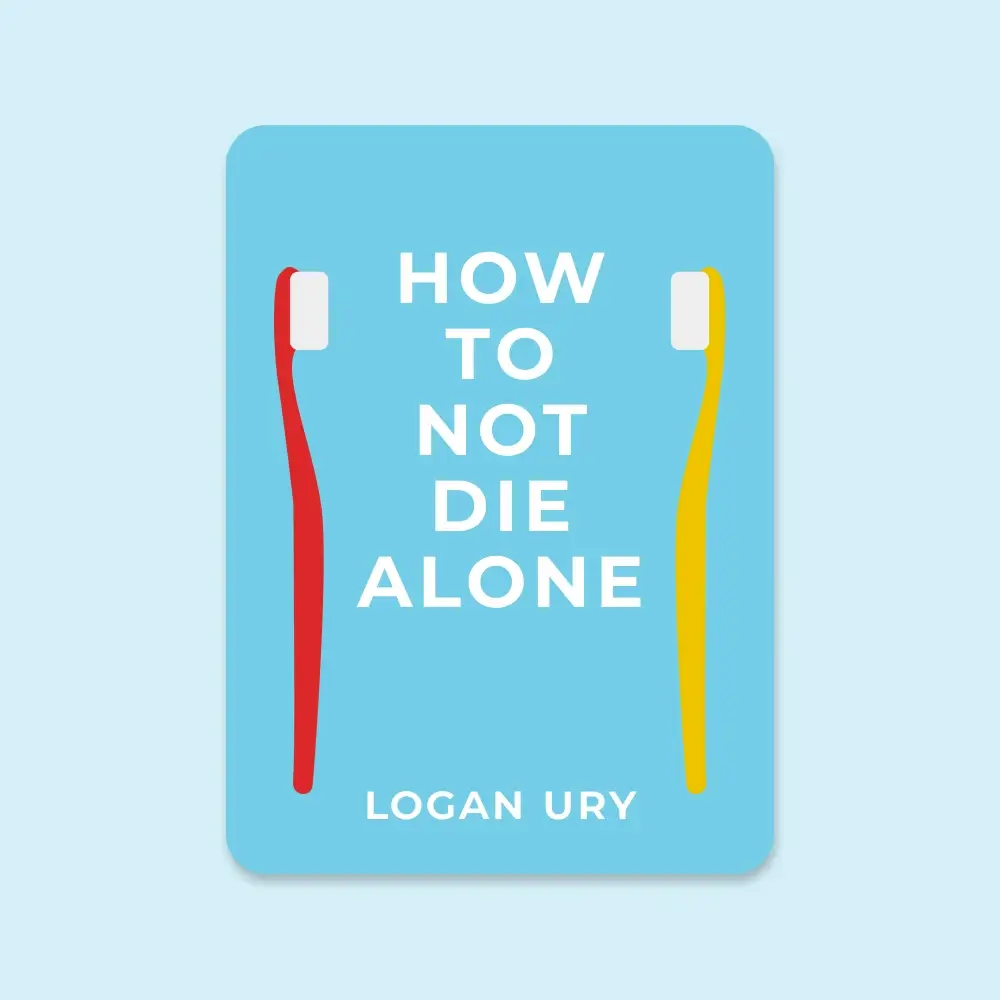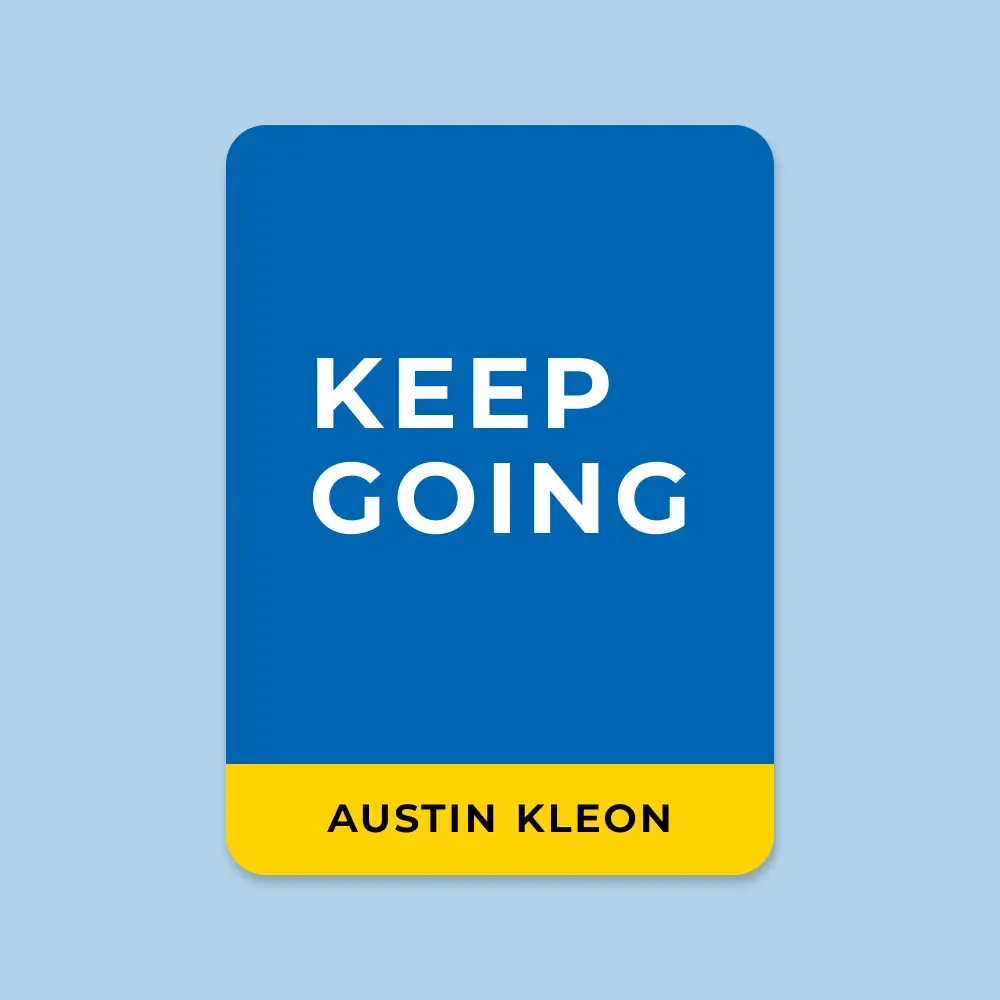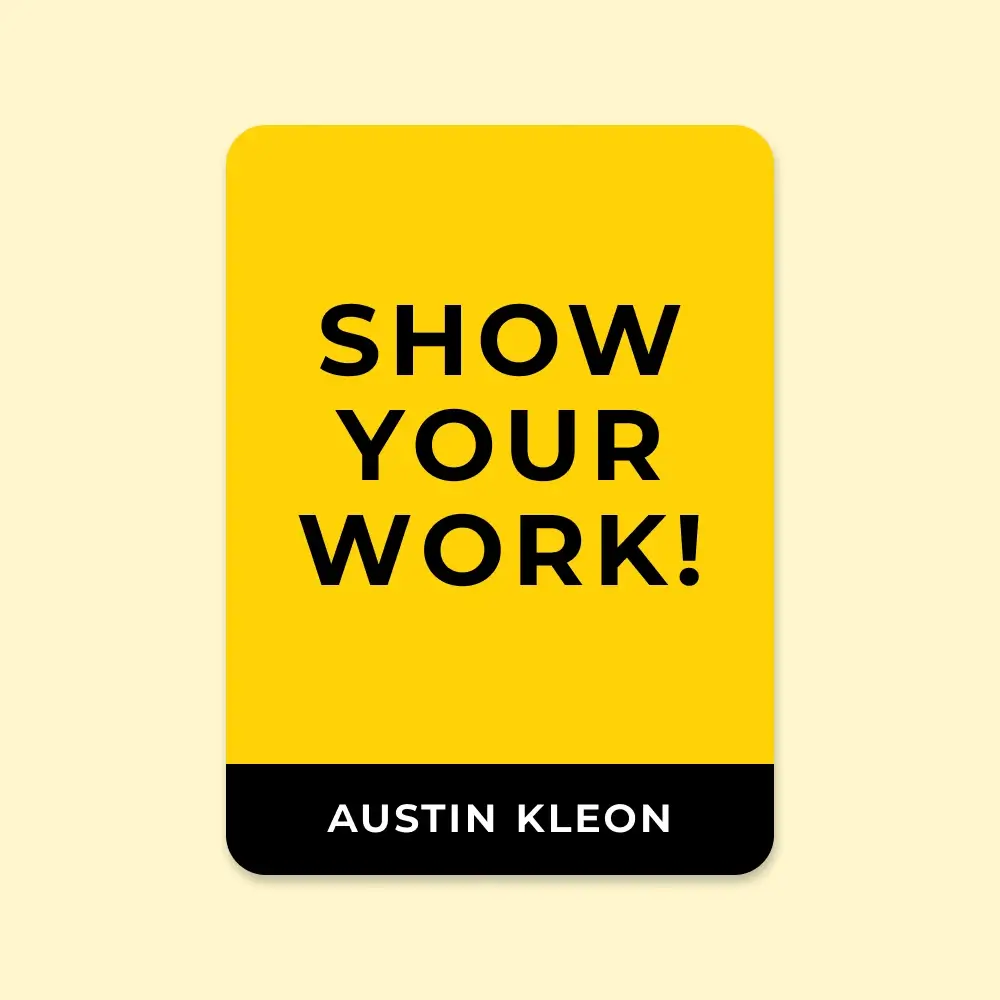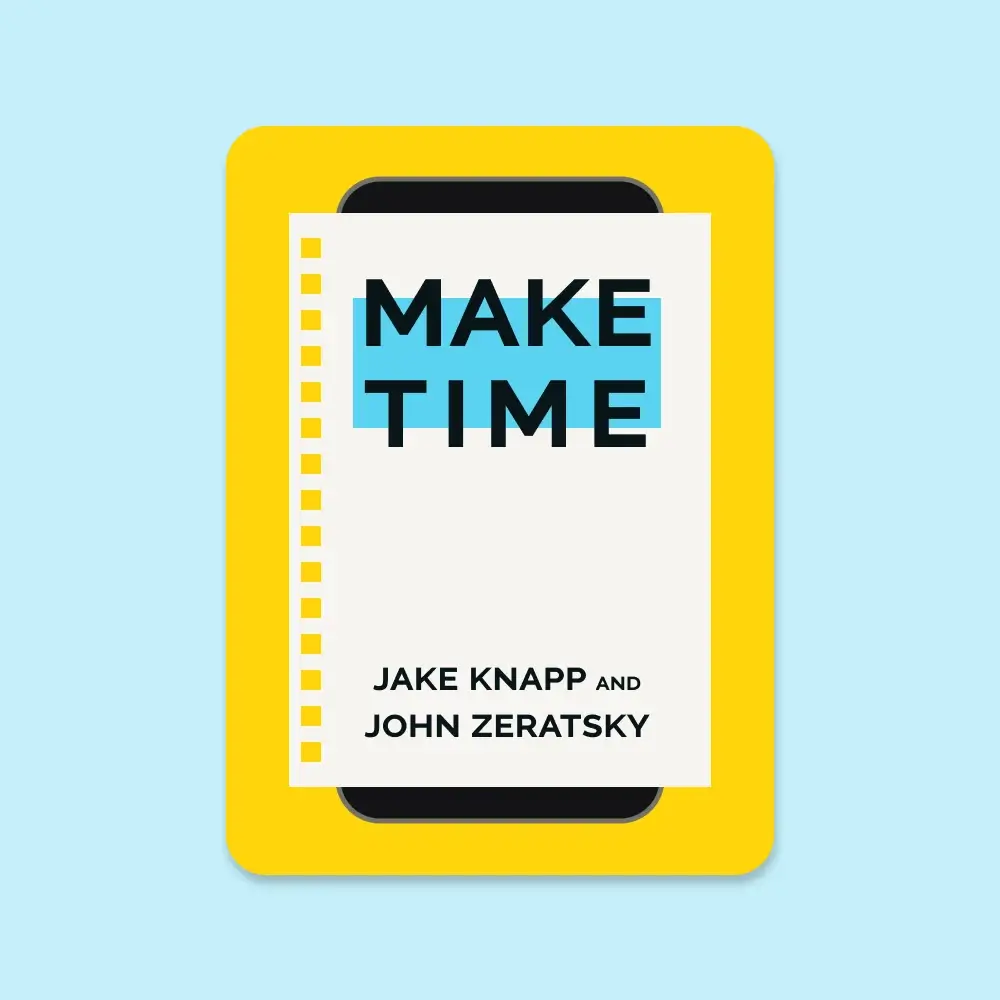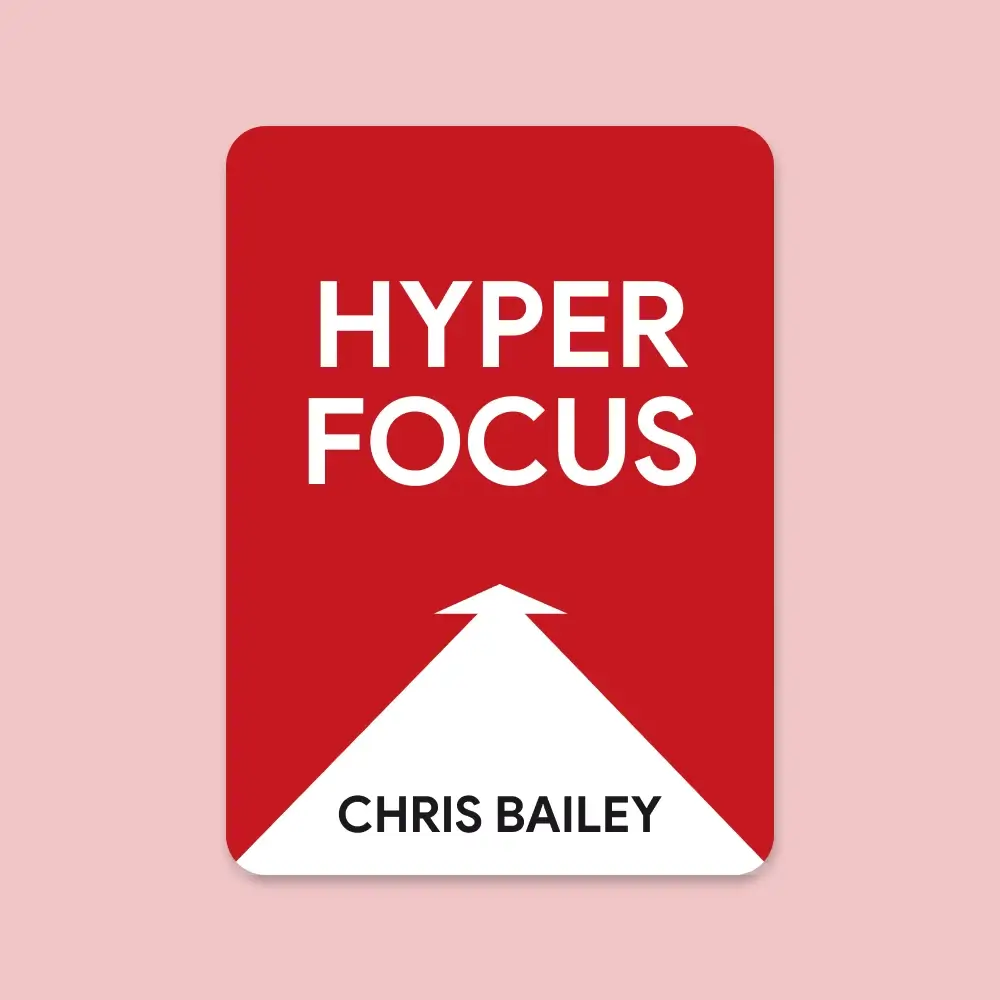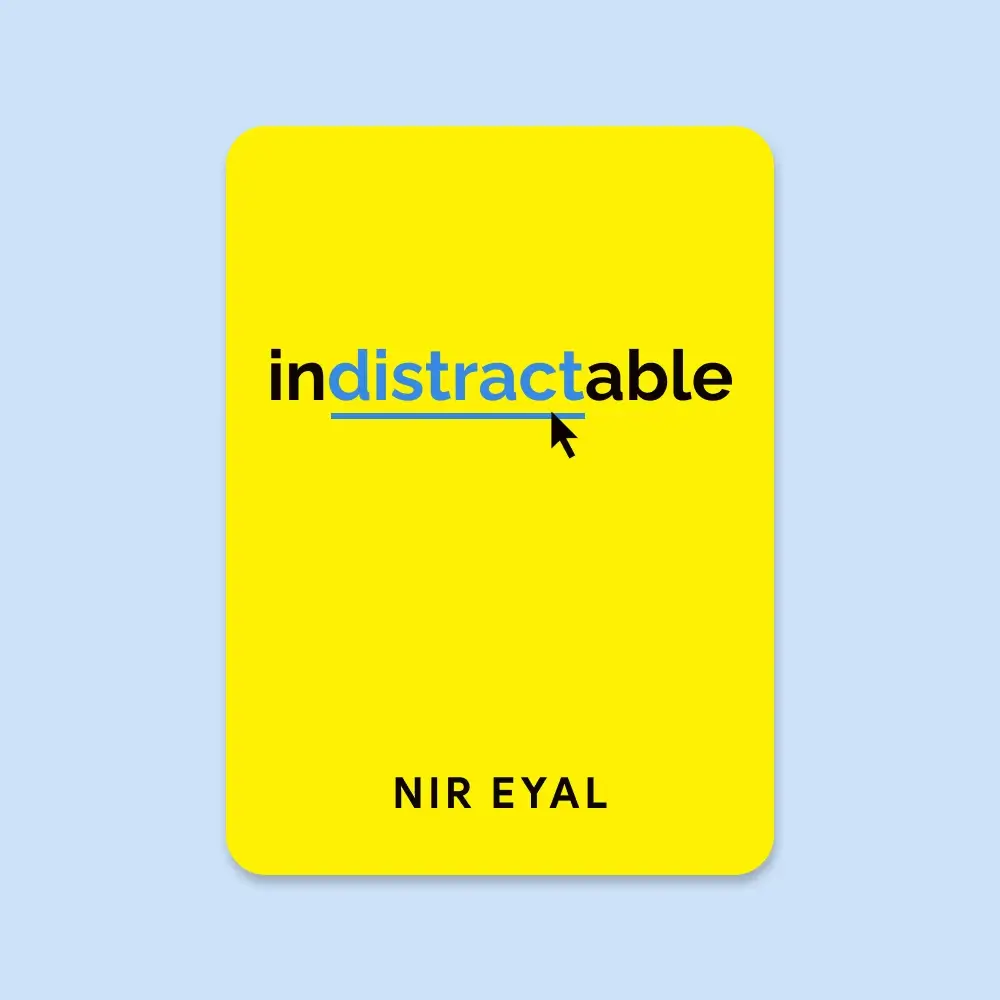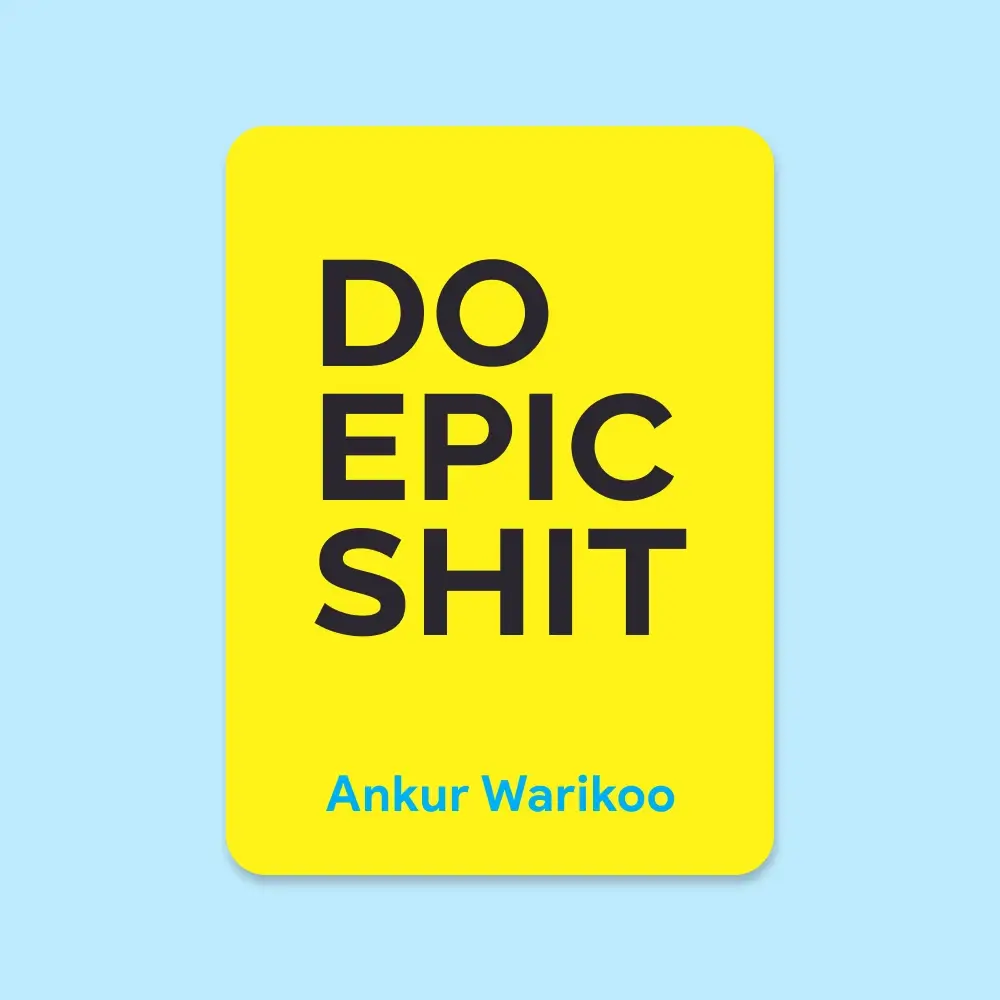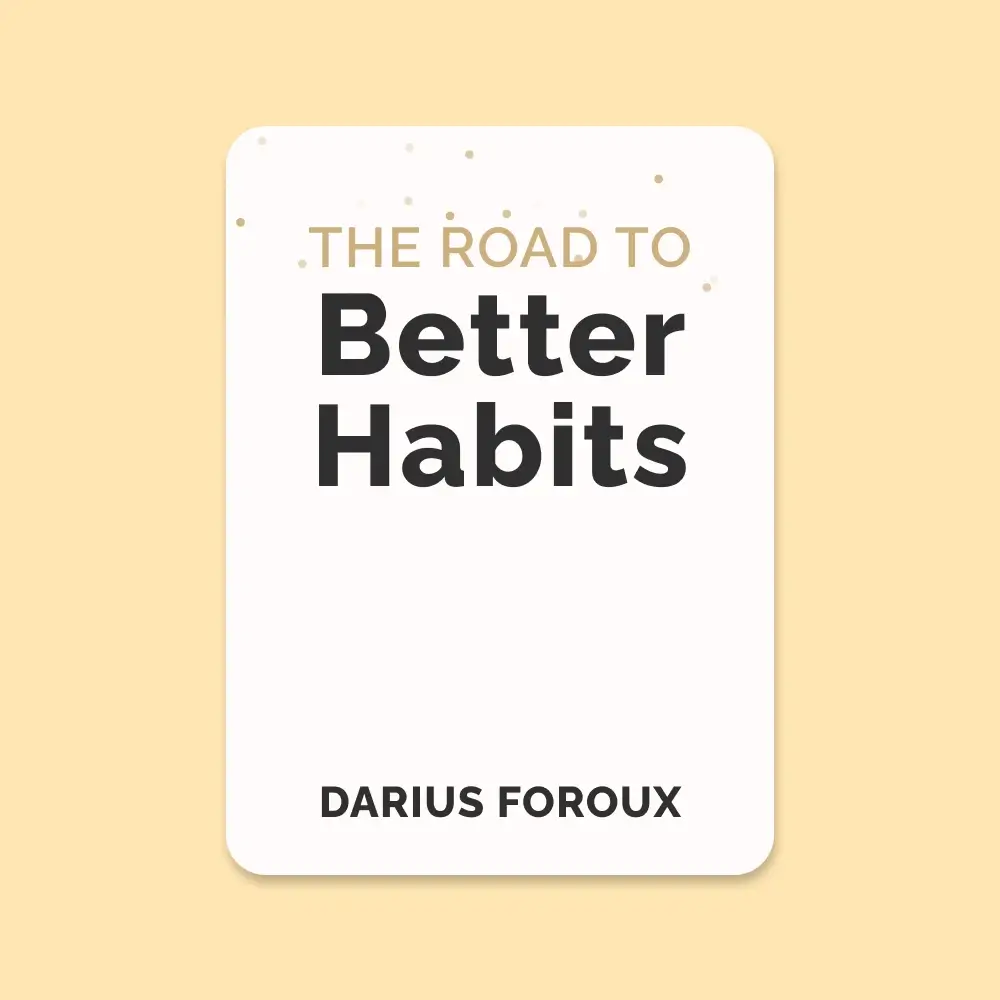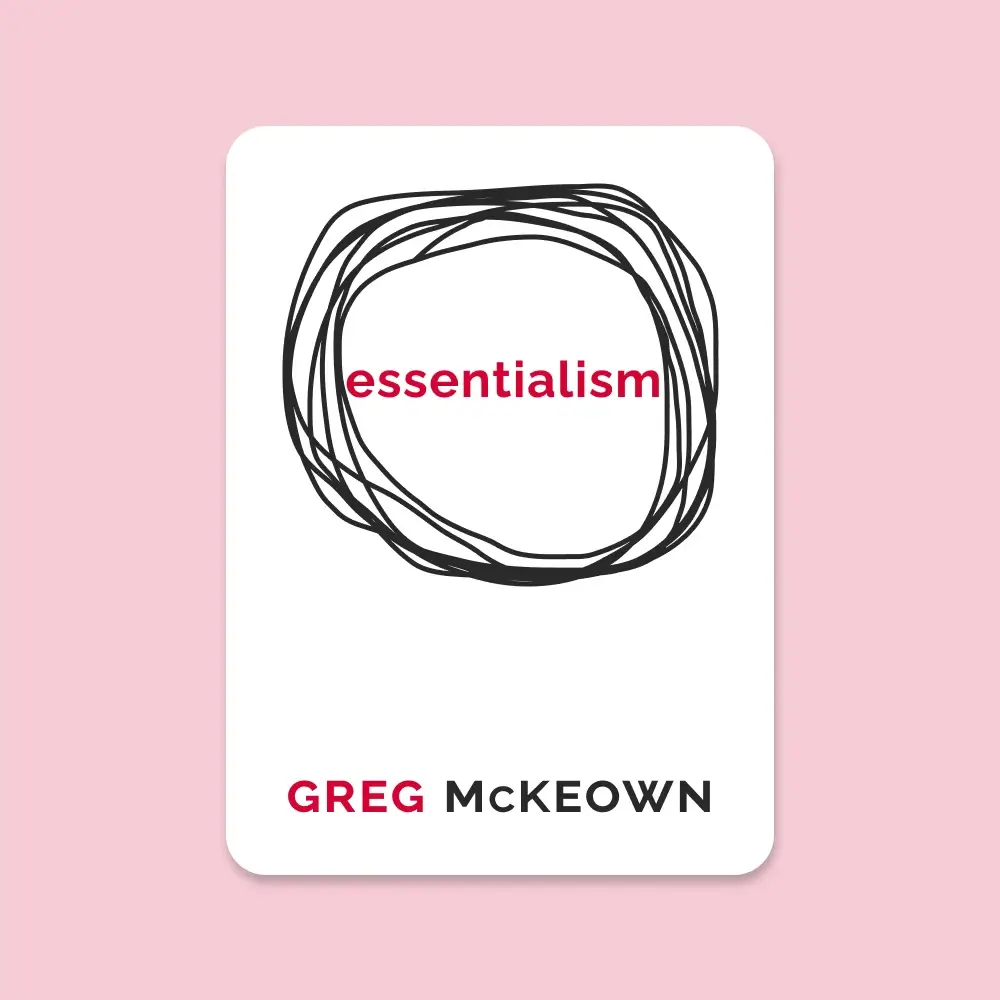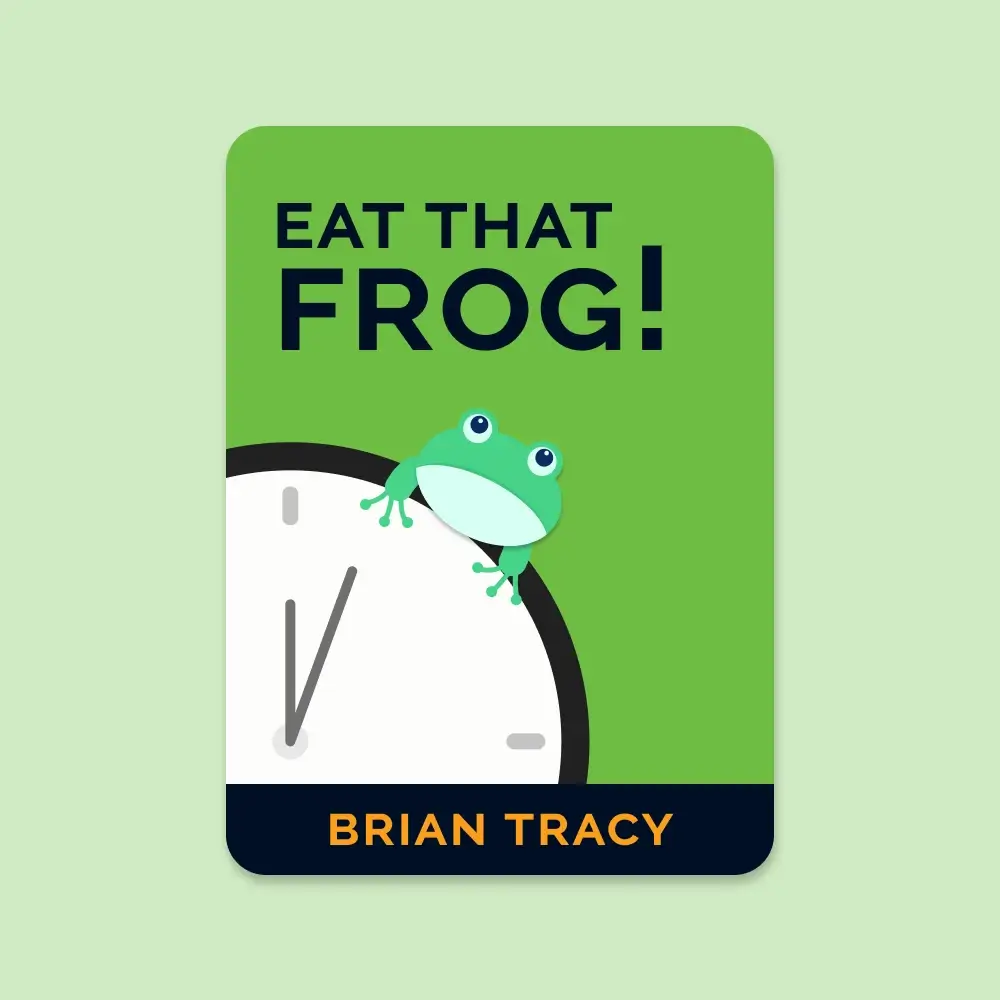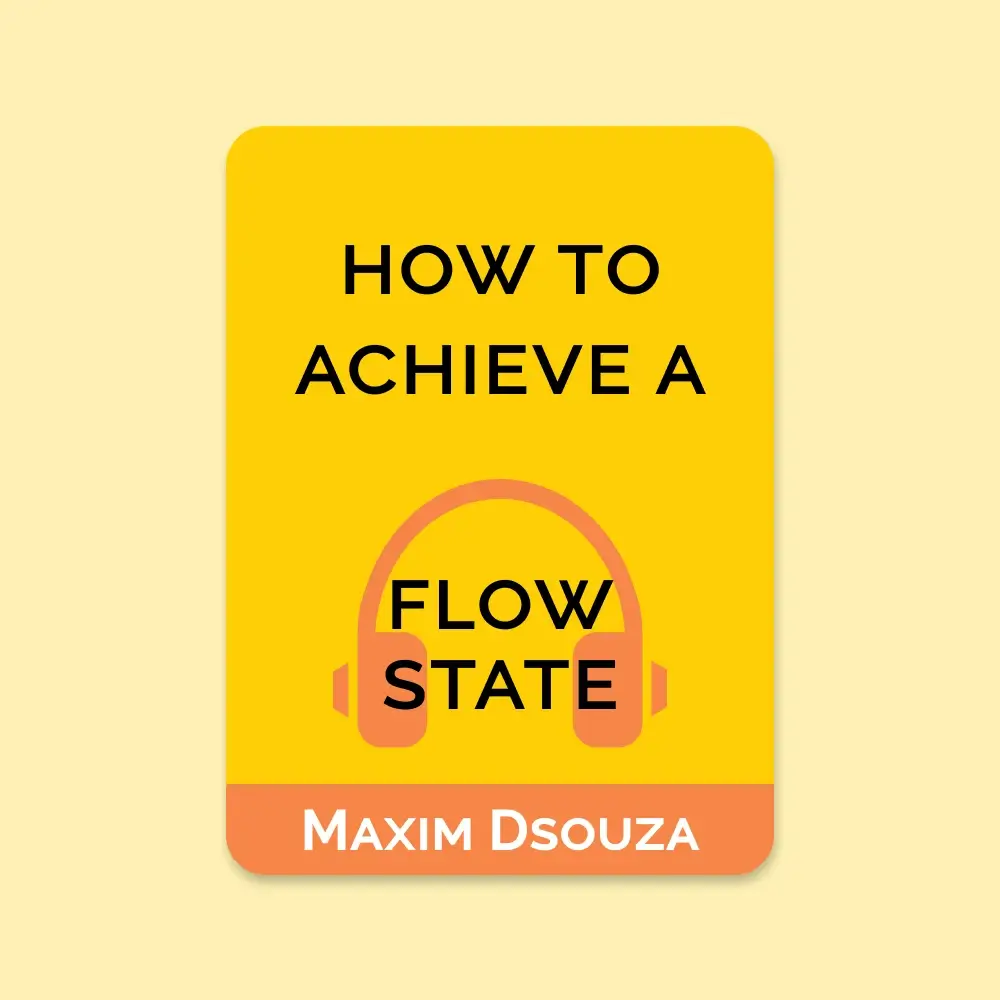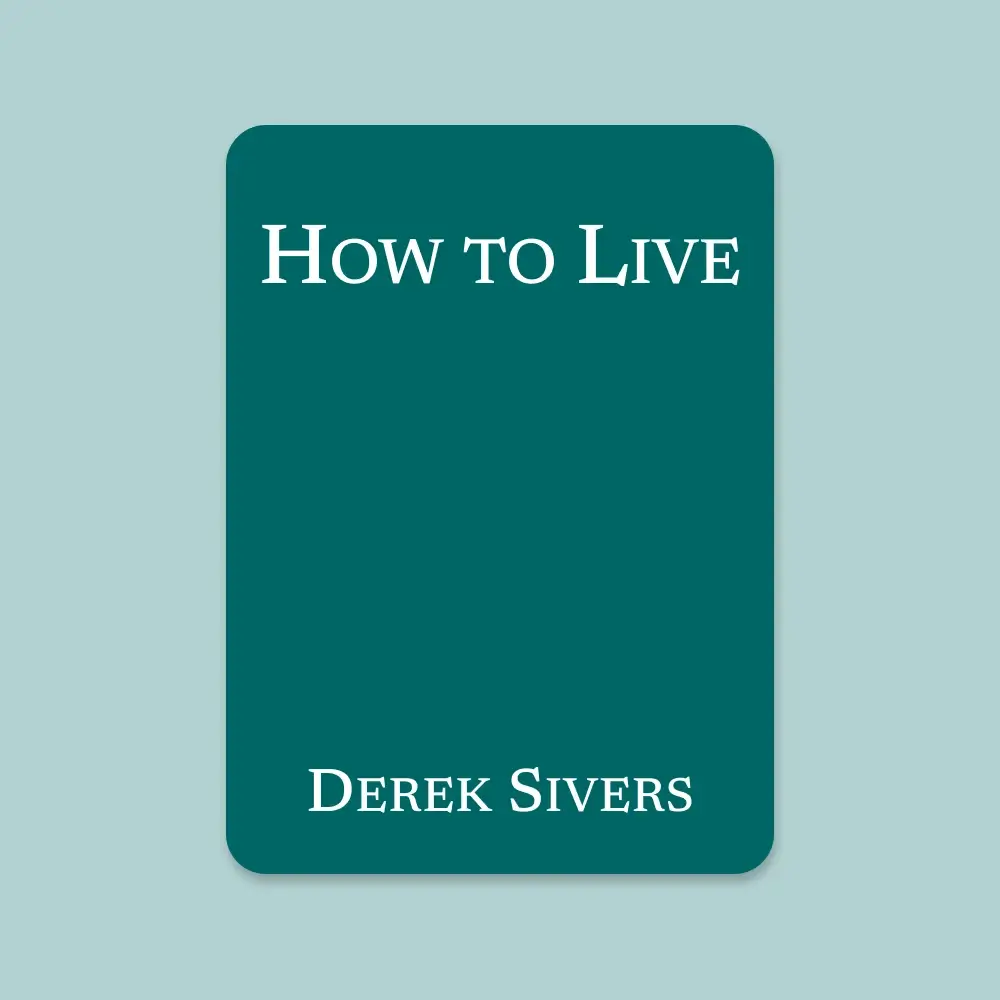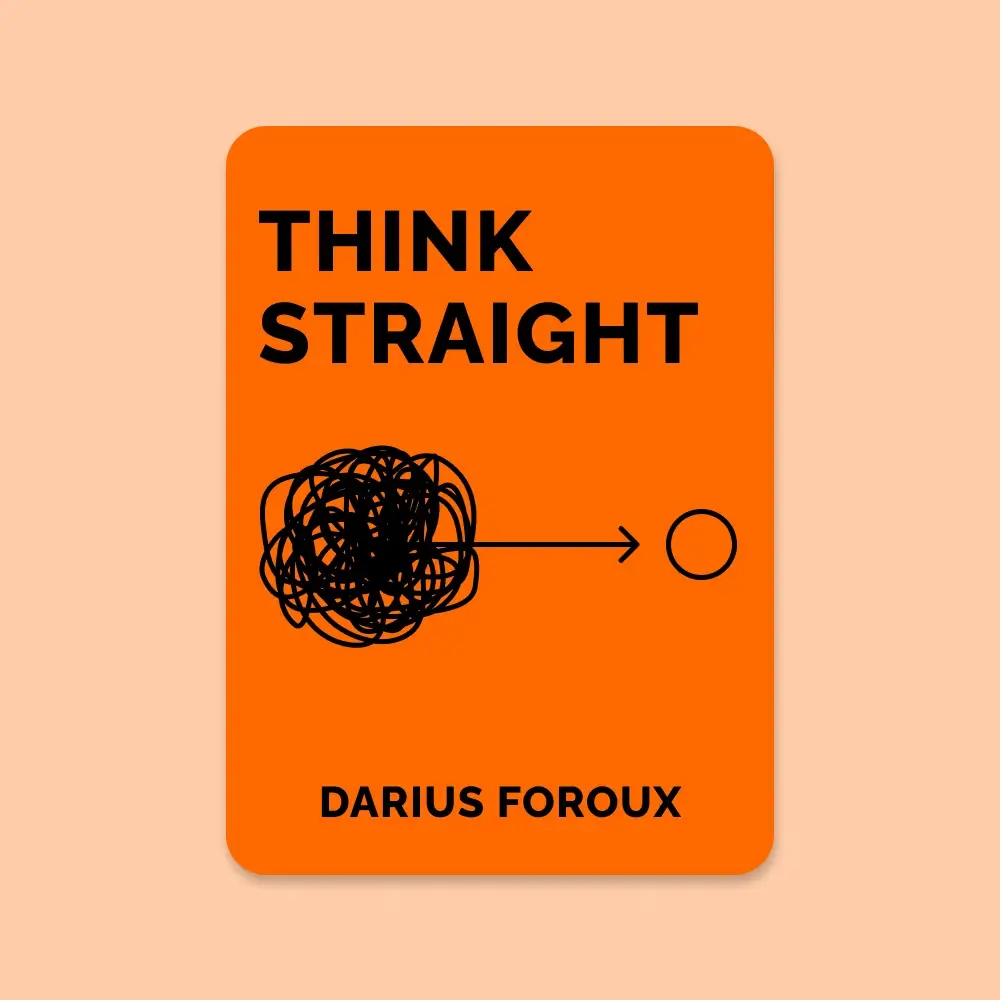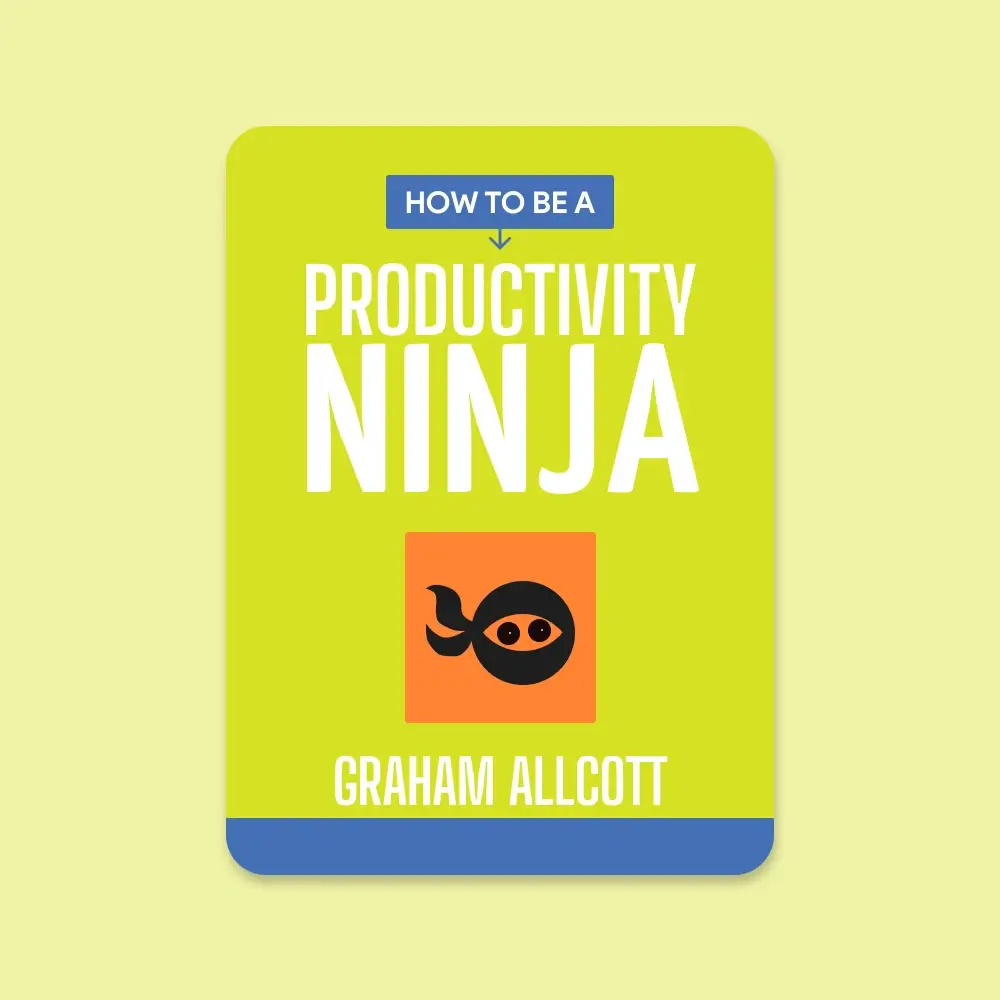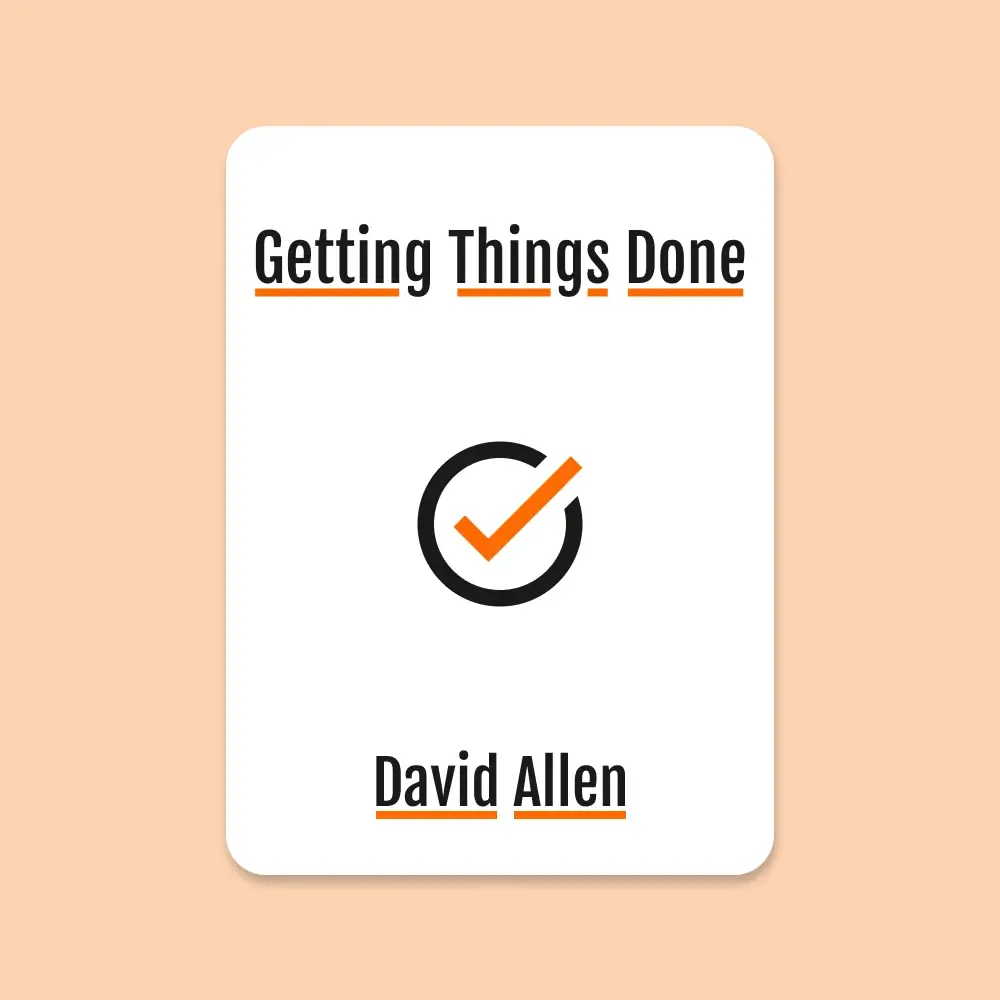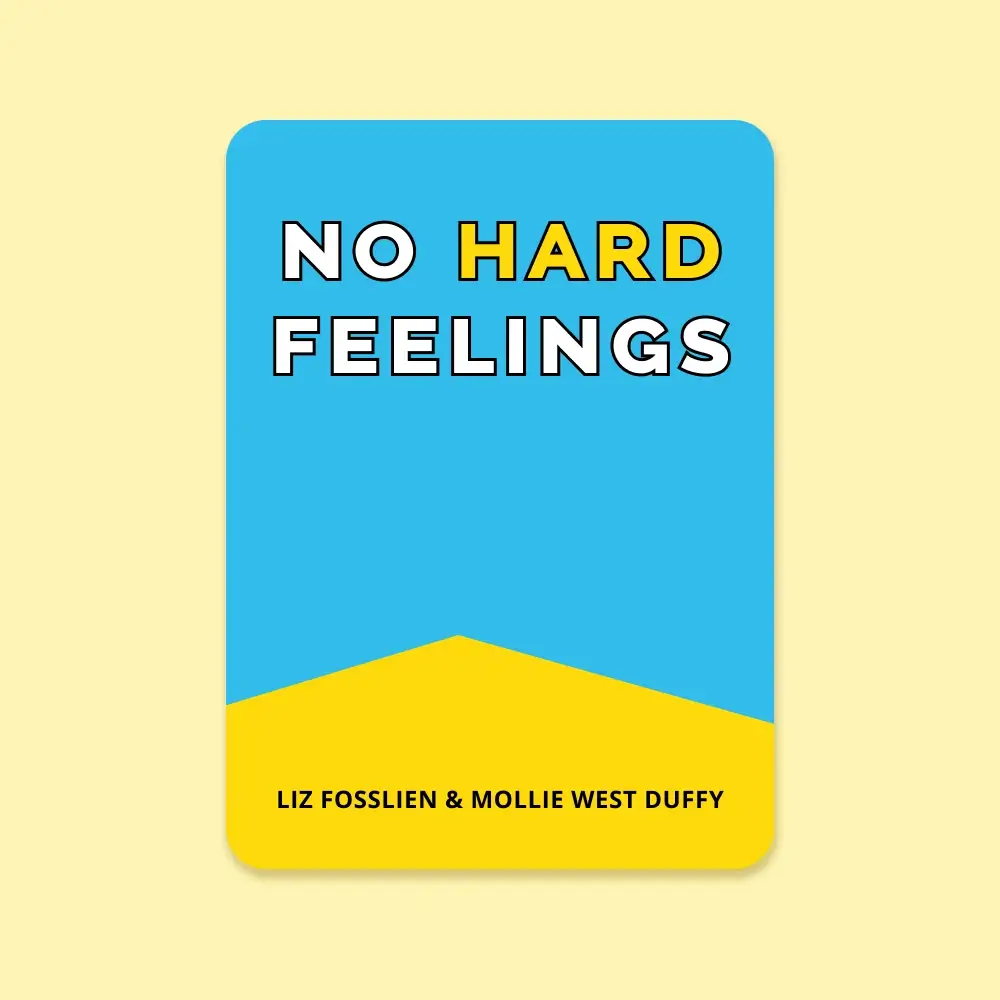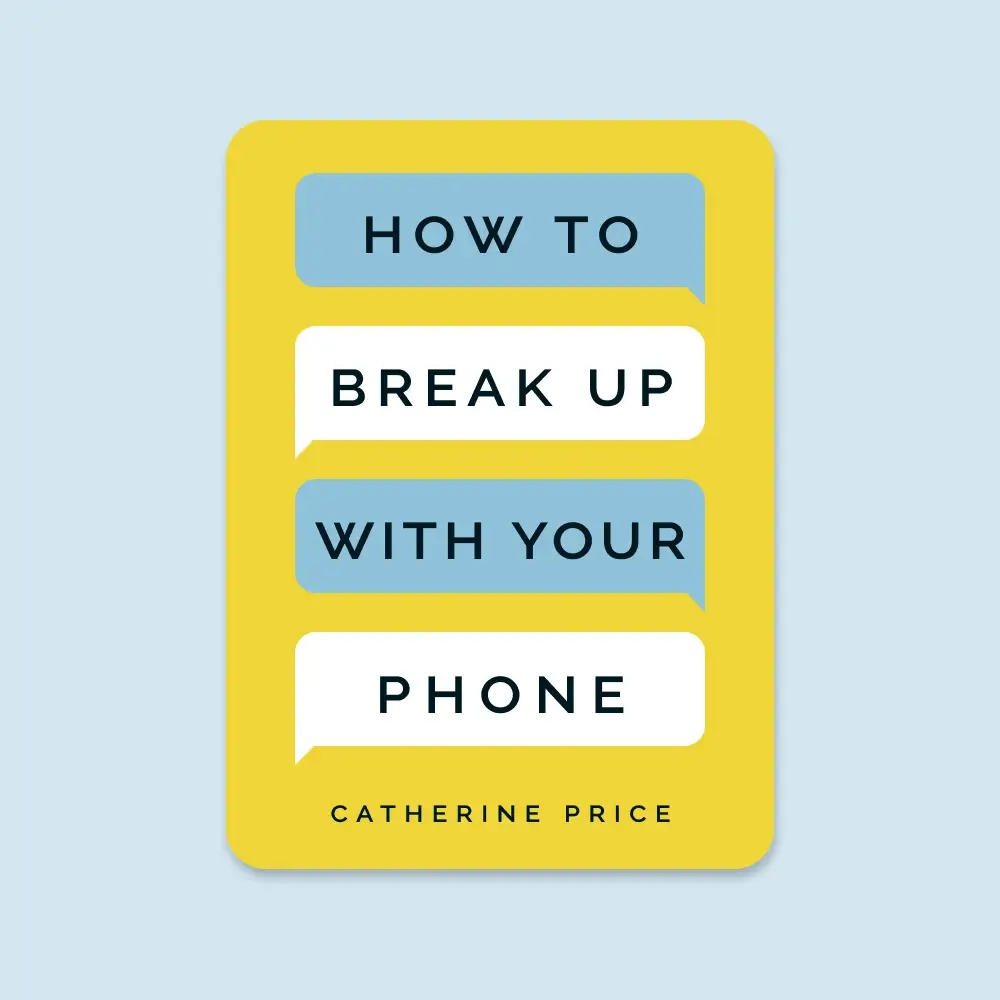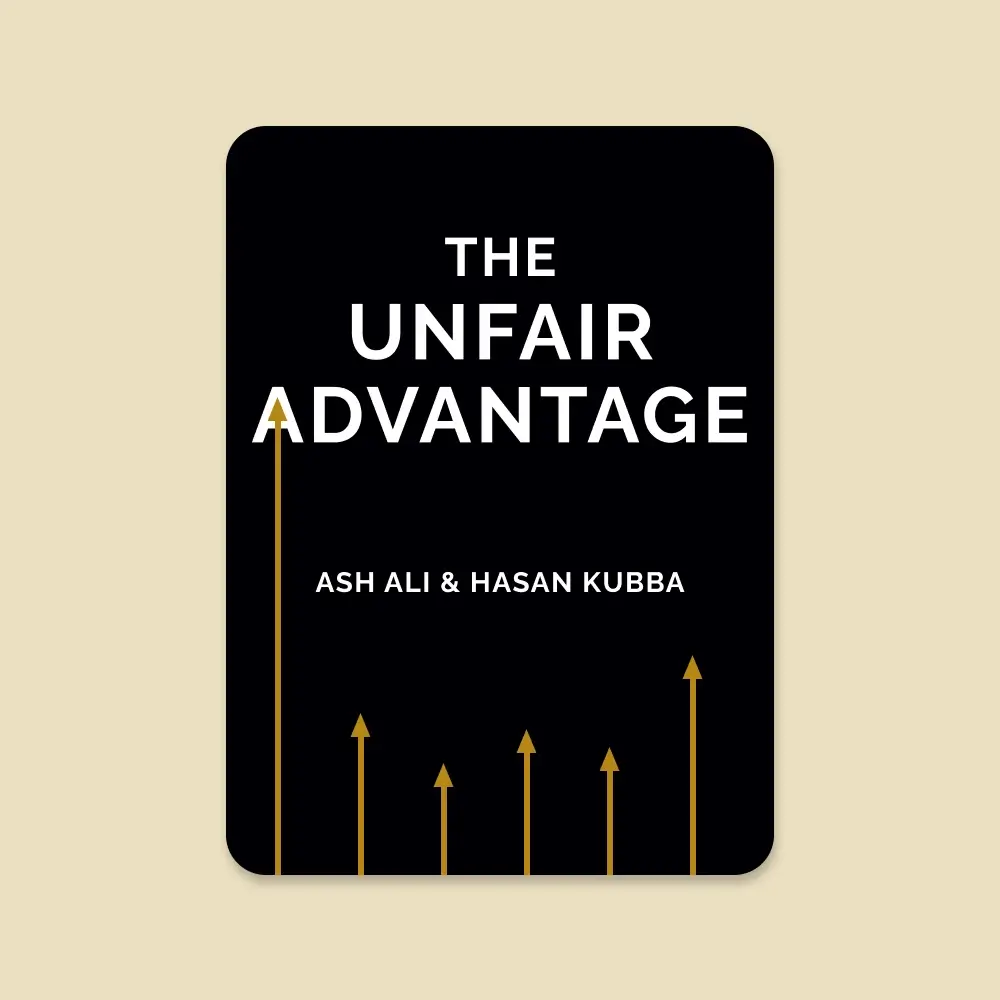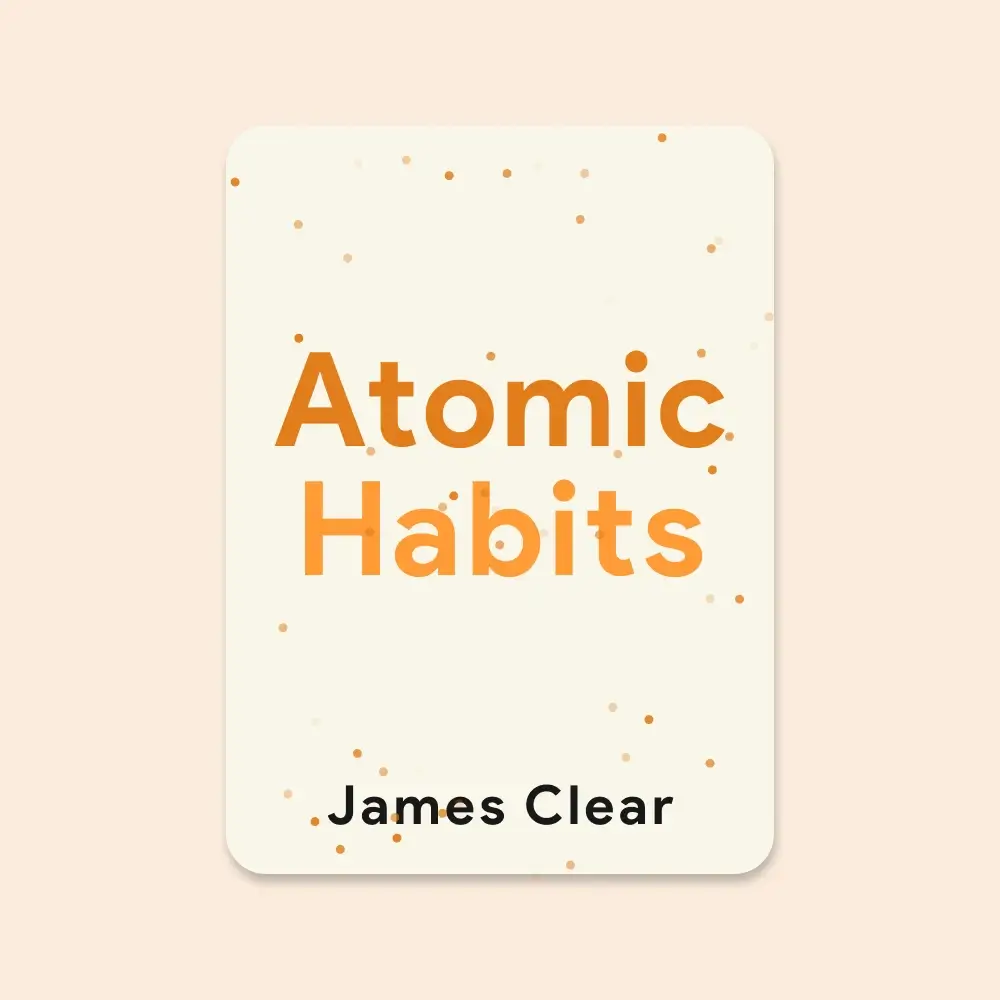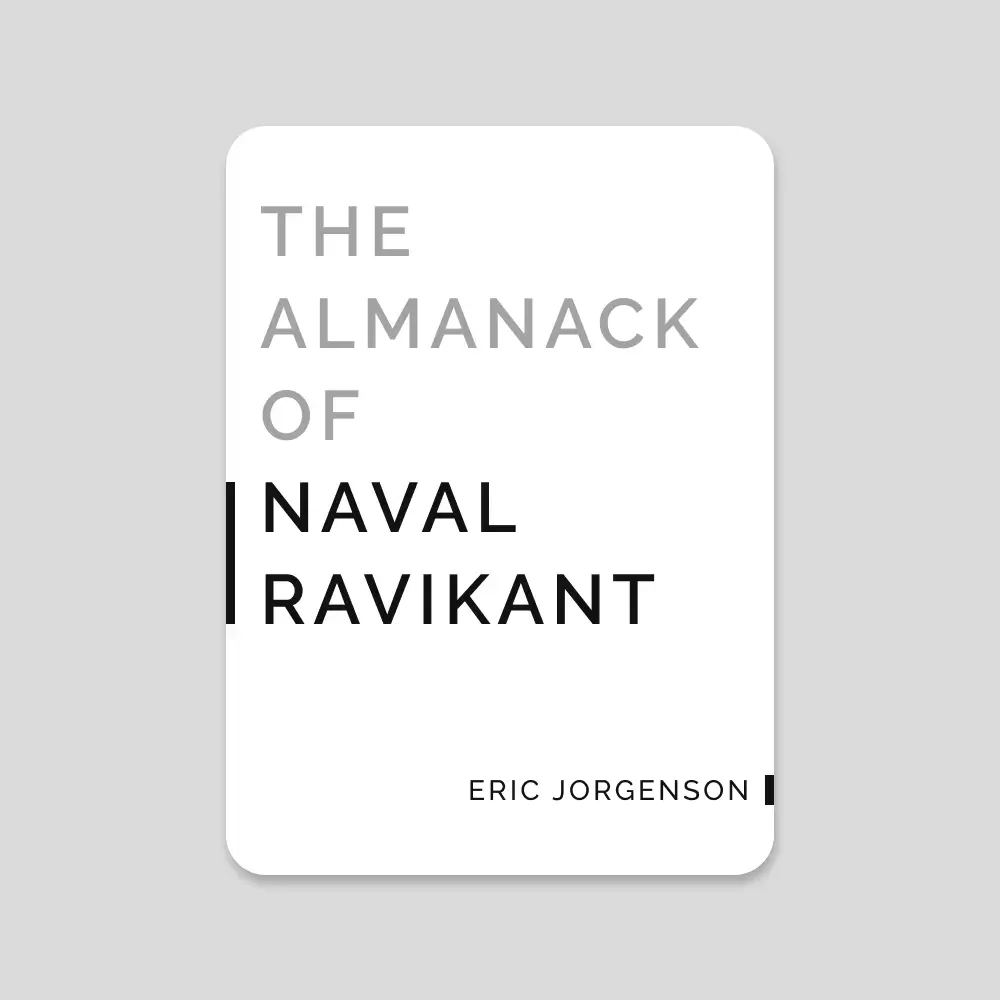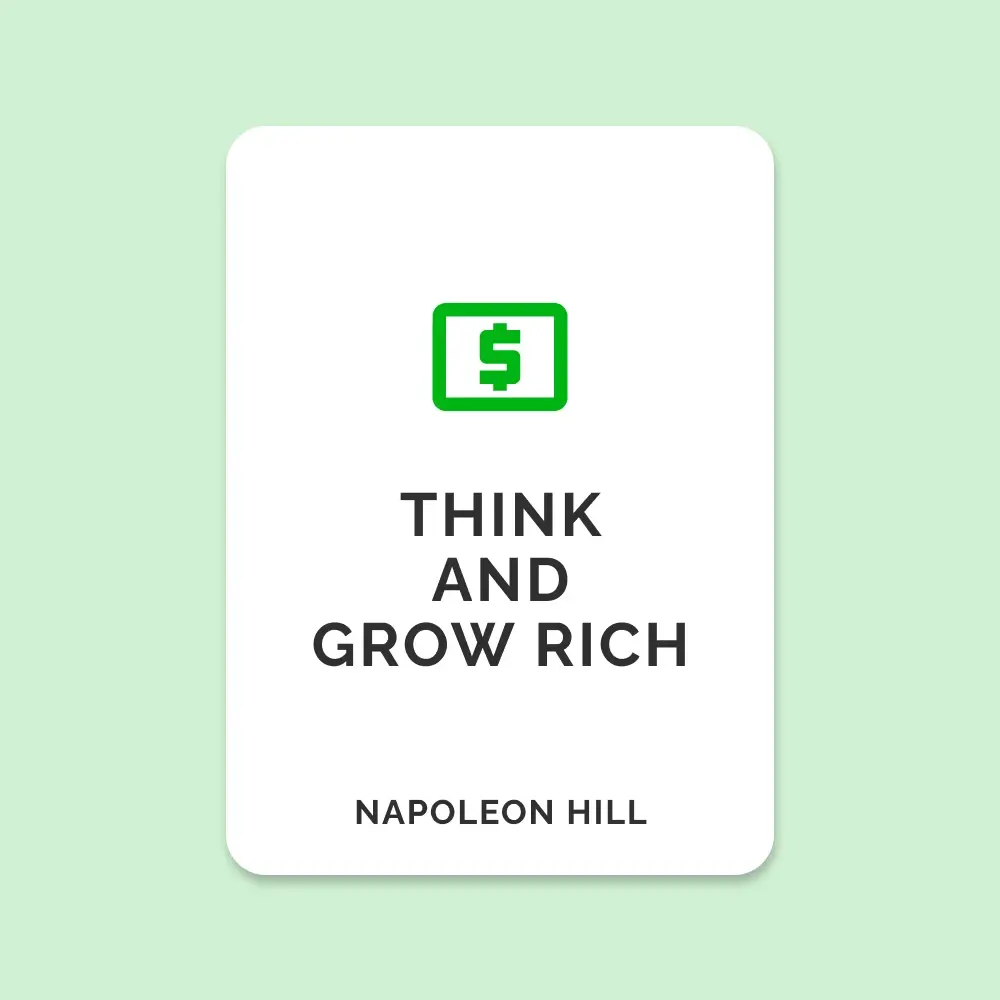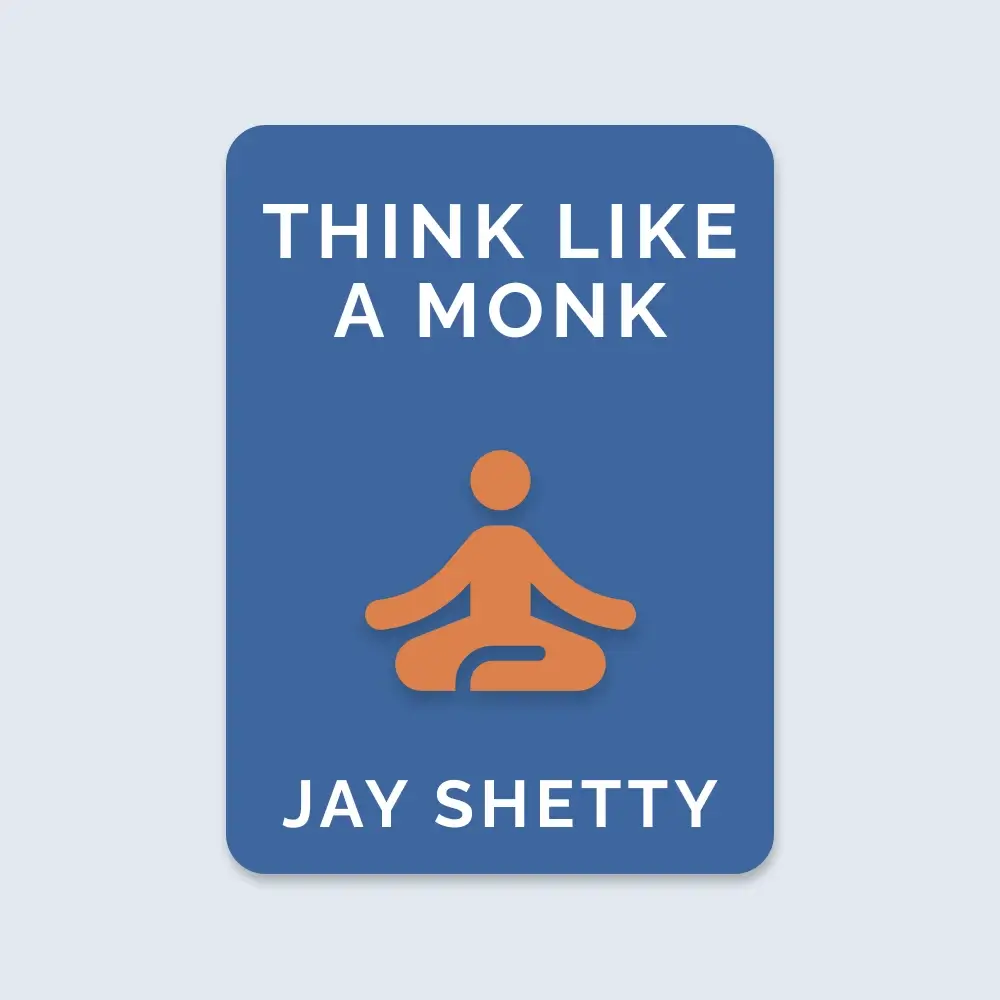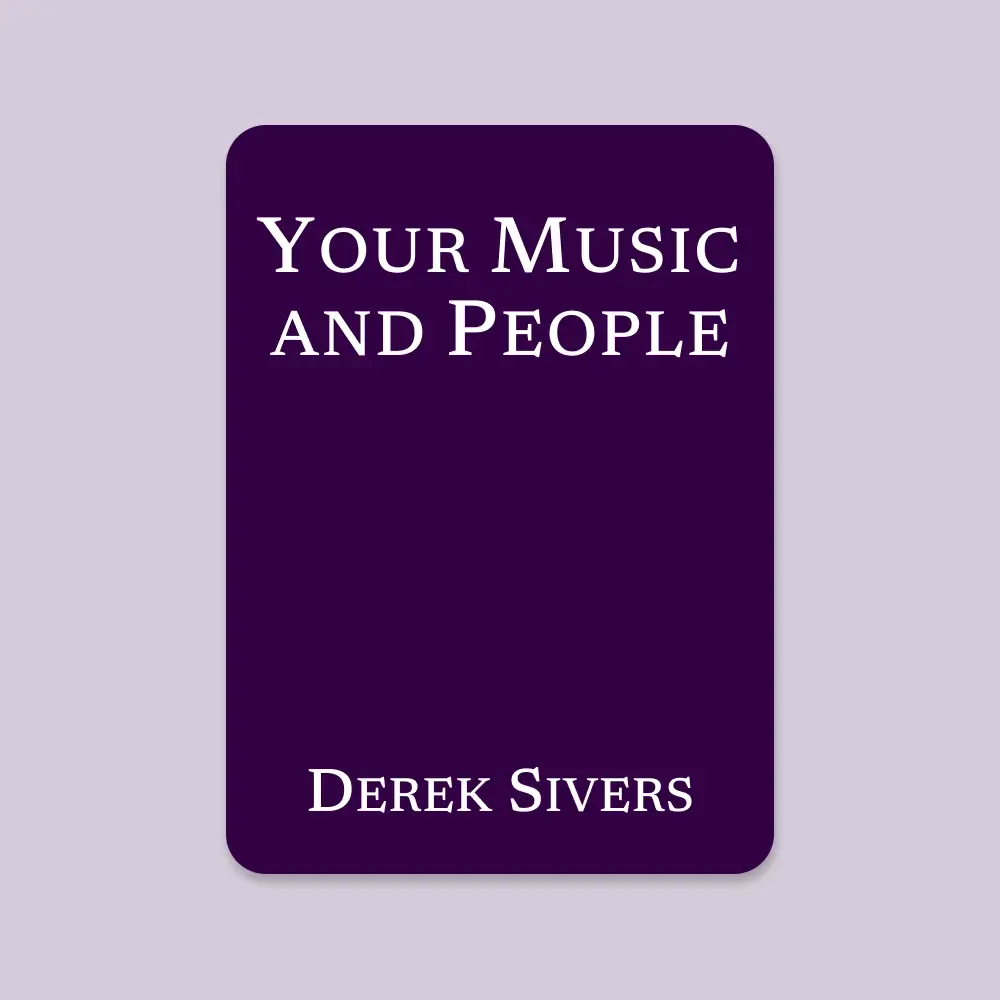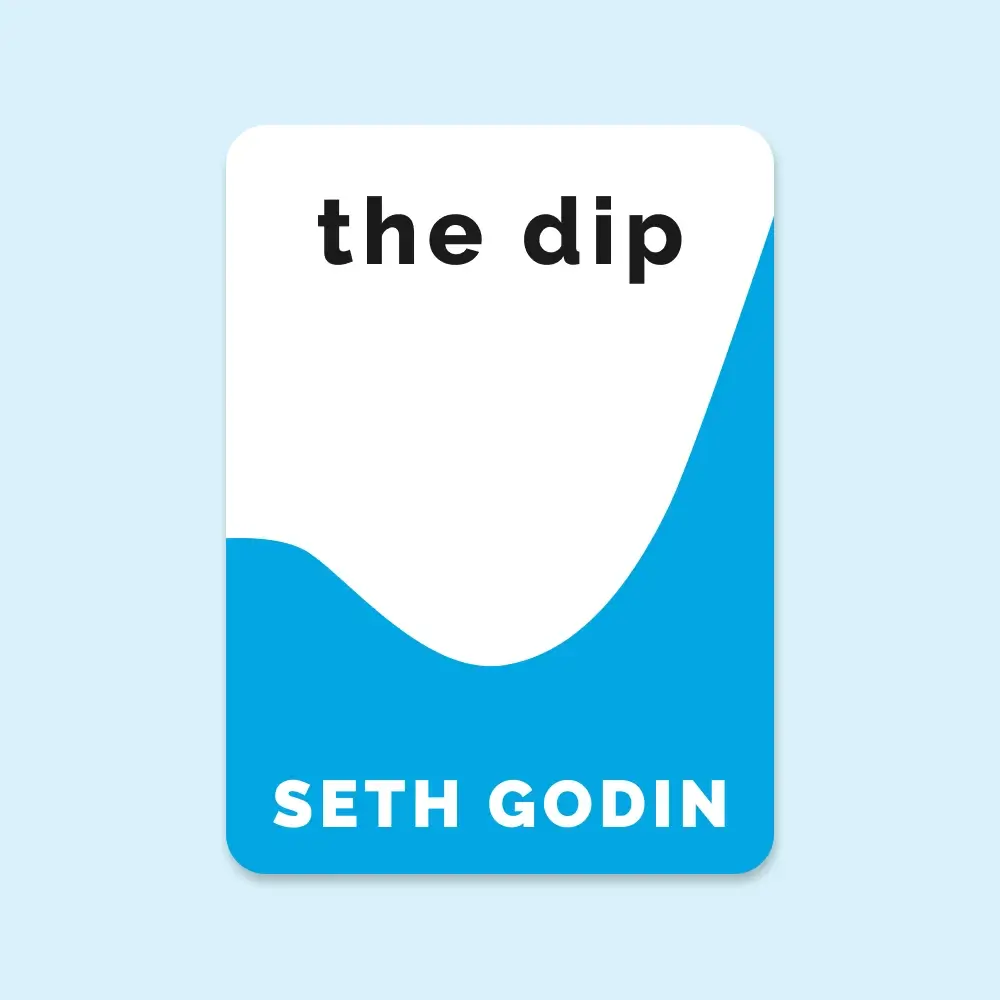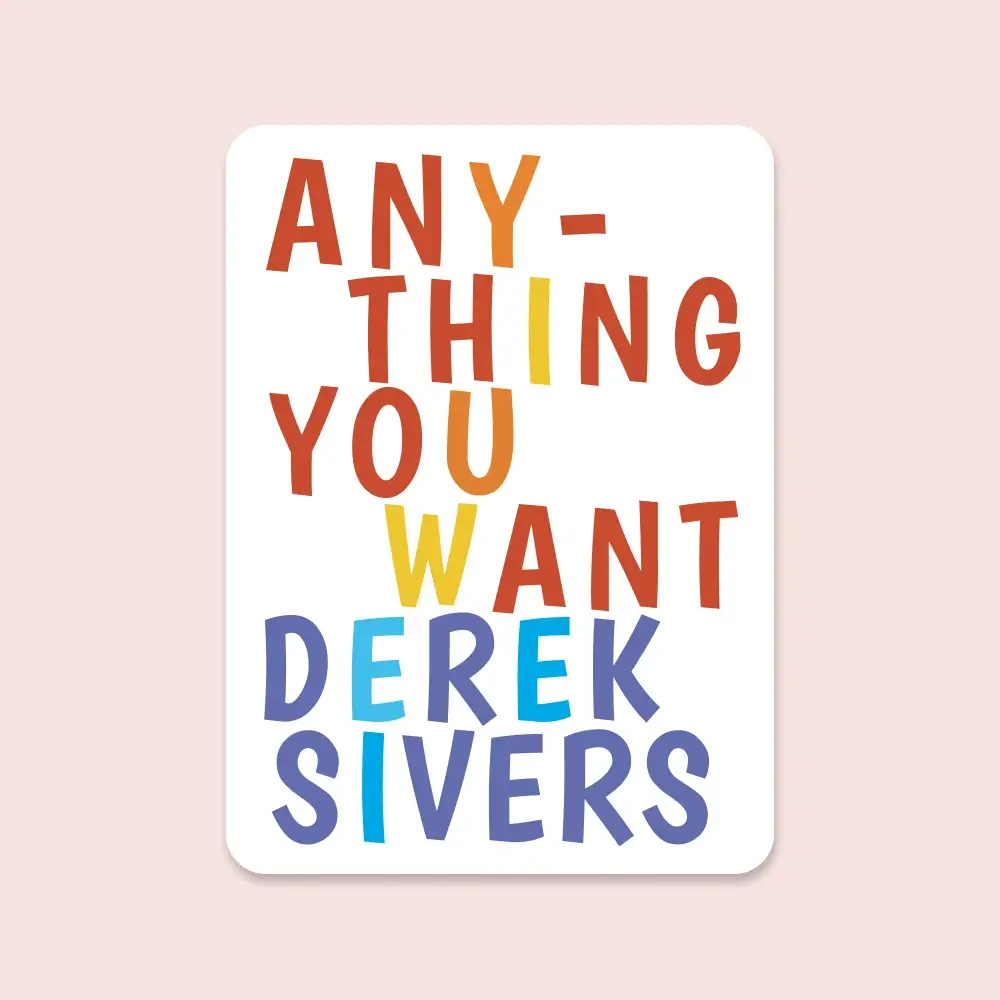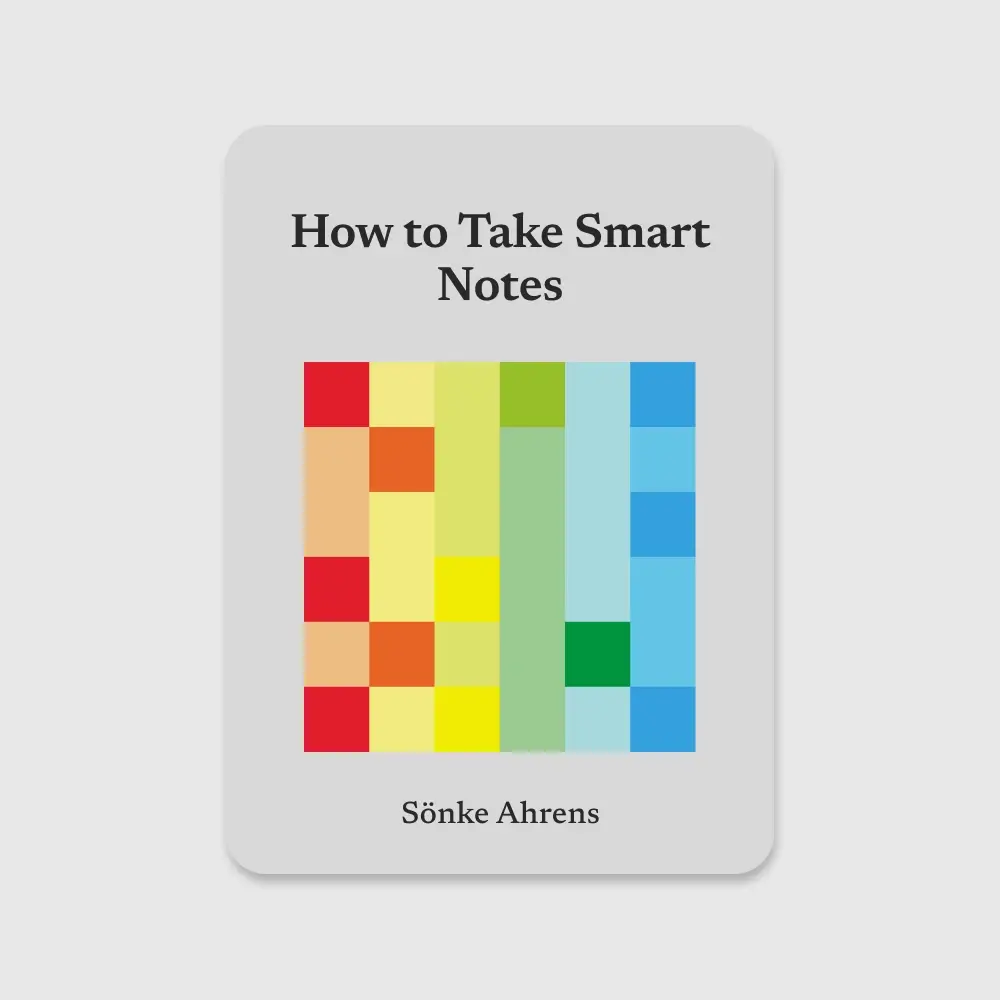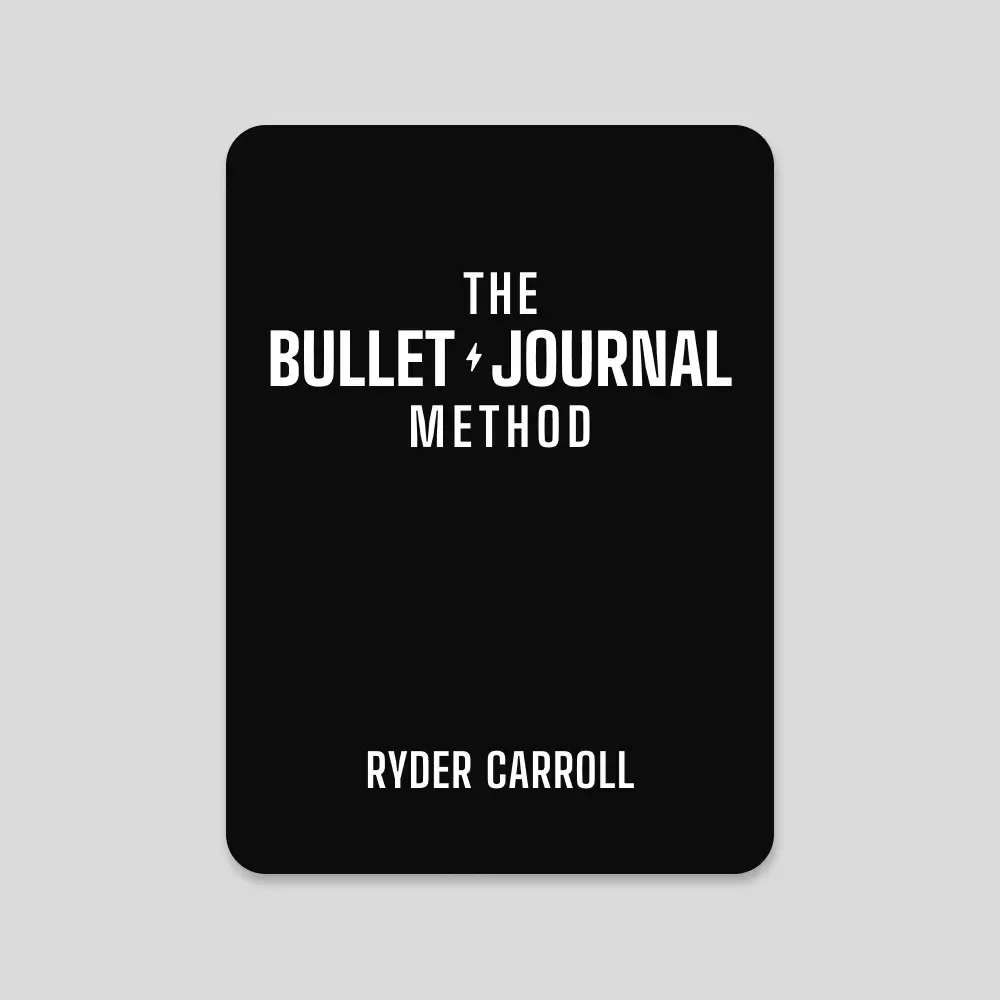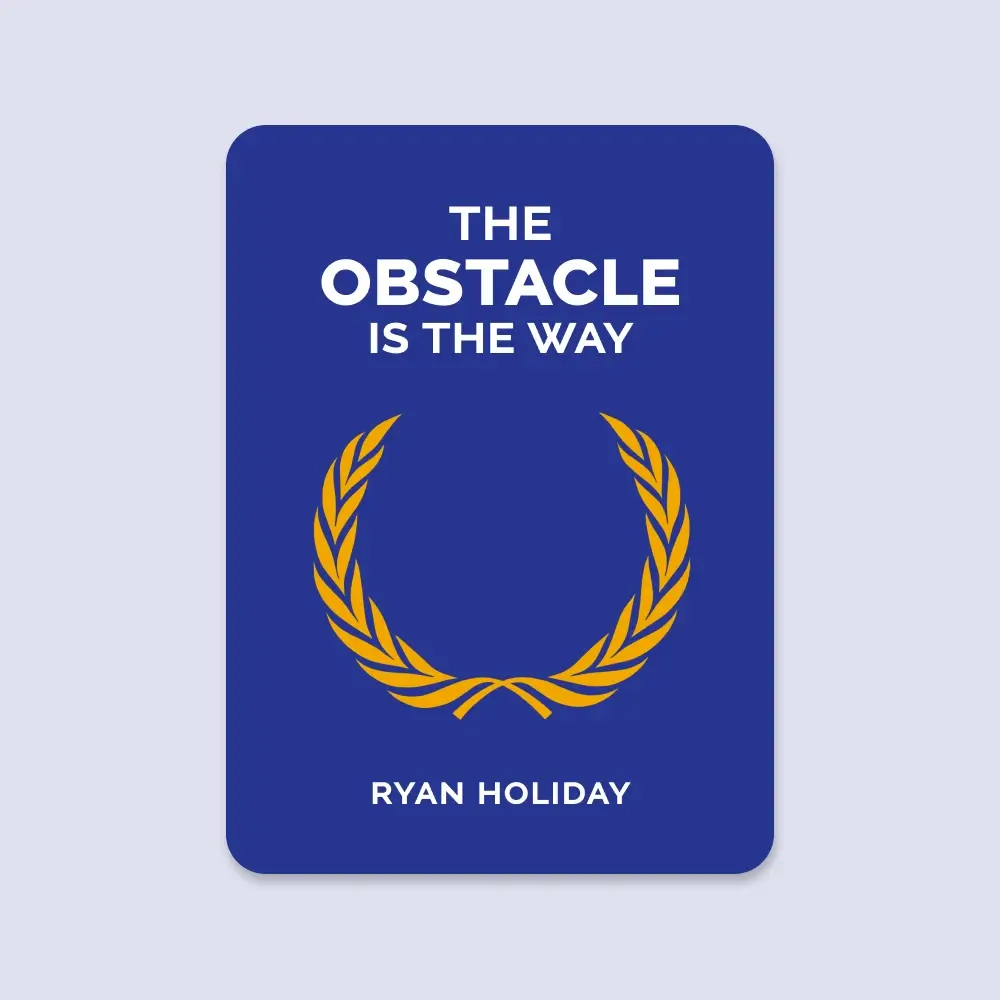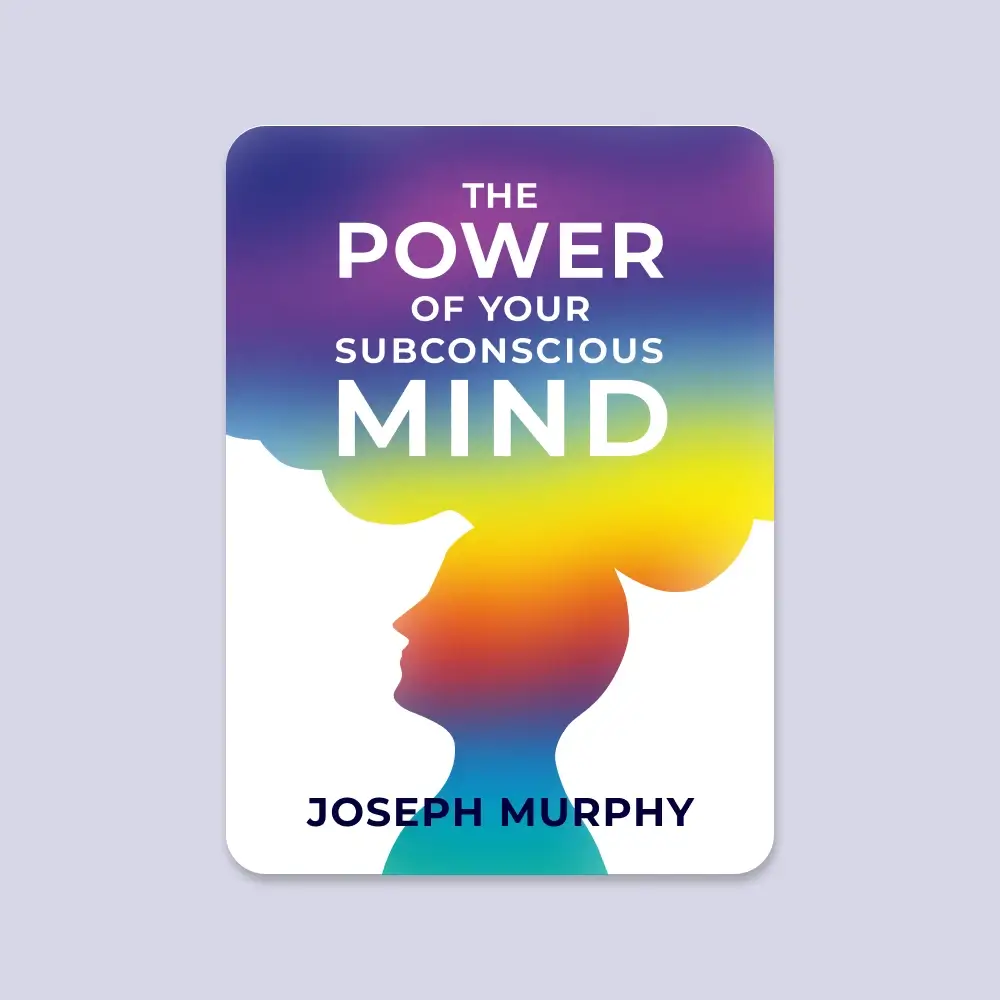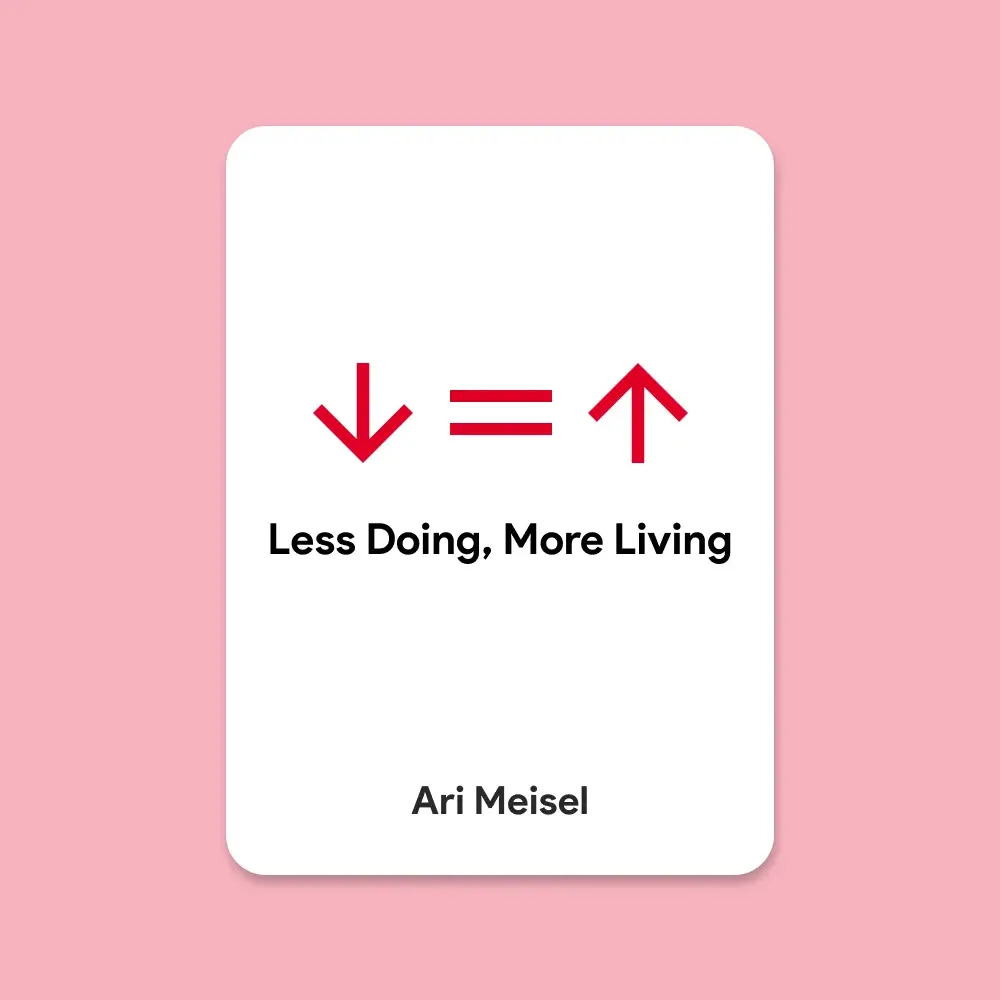
Less Doing, More Living
🧠 Reclaim your time and mind - Less Doing is about clearing mental clutter so you can focus on what truly matters.
🔁 Optimize, Automate, Outsource - These are the pillars of productivity. Improve it, systemize it, or delegate it.
📊 Track everything - You can’t improve what you don’t measure. Data brings clarity.
🧾 Use an external brain - Free your mind by capturing ideas and tasks outside your head. Note-taking is power.
📥 Inbox zero = mind zero - Keep your email clean. It’s not your task list. It’s a mental drain if unmanaged.
💳 Debit-only simplicity - Spend only what you have. No bills, no debt, no stress.
⏱️ Limit everything - Even fun needs boundaries. Structure fuels freedom.
📦 Batch tasks - Group similar tasks to stay in flow. Avoid constant switching and interruptions.
💤 Sleep smarter, not longer - Quality over quantity. Poor sleep skews hormones, drives hunger, and hurts performance.
🥑 Eat for fuel - Fat isn’t the enemy—your brain runs on it. Ditch low-fat myths. Eat smart, feel sharp.
🏃♂️ Move daily - No need for intense workouts. Stay active with daily choices—walk, stand, skip the elevator.
-
The idea of Less Doing is to reclaim your time and—more important—your mind, so you can do the things you want to do. Even little bits of time are important. It all adds up. By applying the practice of Less Doing to your life, you can free up the time and mental space to do the things you care about most.
-
The three keys to Less Doing are: Optimize, Automate and Outsource.
-
80 percent of the consequences flow from 20 percent of the causes.
-
Tracking is crucial because if you don’t track—or measure—what you’re doing, you can’t make it better.
-
By taking care of your brain and treating it as a precious resource, you build the foundation you need to be creative and do your best work. Using an external brain is a big part of that.
-
The heart of the external brain is note-taking. If an idea is in your head, get it out. Ideas in your brain work like traffic on a highway: we have to create idea flow for good ideas to come out.
-
E-mail inboxes can become a breeding ground for unfinished tasks, dread, and mental clutter. You can free a lot of mental resources by clearing out your inbox and keeping it empty.
-
A debit-only solution means you don’t get a credit card bill, and you never have to worry about paying interest or late fees, or actually going into debt. It’s simple: if you don’t have the money in your account, you can’t spend it.
-
Everything can and should have a limit, even leisure time.
-
Batching is all about “getting in the zone” and minimizing transition time. Instead of constantly getting interrupted and switching focus, you let similar tasks accumulate and deal with them all at once.
-
Although batching can be a powerful time-saver, be careful not to take it too far. If you wait too long to do something, batching can easily overwhelm you. You need to set a schedule or threshold for batching and stick to it.
-
It’s important to recognize that with sleep, it’s really about quality, not quantity.
-
When you don’t sleep well, your body produces a hormone called ghrelin, which increases hunger and causes you to eat more. It also causes a dip in levels of leptin, a hormone that helps suppress appetite and regulates metabolism.
-
Your diet should provide fuel for your life while protecting you from toxic elements in our environment.
-
Many people think fat is the enemy, but generally speaking, there are all sorts of problems with a low-fat diet. You can’t absorb vitamins A, D, E, or K without fat, and fats are more satiating than protein and carbs. Perhaps most important, our brains are meant to run on fat.
-
The truth is, if you eat a perfect diet and sleep a lot, you won’t ever have to work out to maintain a good-looking, responsive body as long as you make a conscious effort to move on a daily basis (such as standing at your desk, taking the stairs instead of the elevator, and walking most places).
